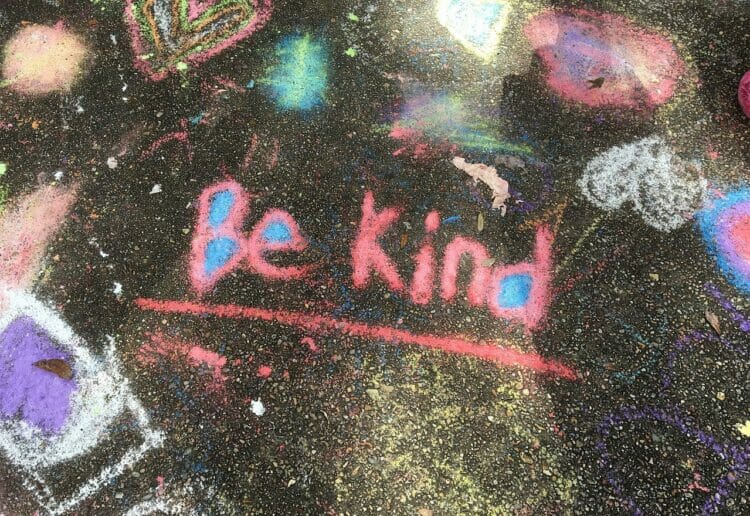By Sarah Browning
A question I’m often asked is ‘what counts as kindness?’ To some extent, if the recipient feels that someone has been kind to them, that’s good enough for me. But I do understand that some people want to have a more exact definition.
I decided to do some research and find out what other people say it means to them.
On their website, the Mental Health Foundation says that kindness is choosing to do something that helps others or yourself, motivated by genuine warm feelings.
In an interview for my kindness blog, Cllr Rachel Eden, Mayor of Reading, described kindness as being when you choose to do something you don’t have to do, just because you know it is a positive thing for another human being.
Claudia Hammond, a broadcaster, author and university researcher from the Sussex Centre for Research on Kindness, describes kindness as the act of doing something with the intention of benefitting someone else. To her the conscious intent is an important component.
Although there are some similar elements to these descriptions, they are not exactly the same. I turned to dictionary definitions to see if I could find something that matched more closely. Interestingly, they don’t completely agree either:
Collins Dictionary – Kindness is the quality of being gentle, caring, and helpful.
Oxford Languages Dictionary – Kindness is the quality of being friendly, generous, and considerate.
Where do we see it?
I find kindness stories endlessly fascinating and I love the way that they crop up in many different areas of our lives. When I look back through the examples that have been sent in to me and my team at Time for Kindness, I see stories covering home, family, strangers, work colleagues, shop environments and so much more.
We also sometimes hear about times when our readers have shown themselves kindness, an area that it can be all too easy to overlook.
So, there isn’t an exact science to where we see kindness either. It really is all around us.
Keep it simple
With so many different parts, is there a risk that we can over-complicate matters? If we analyse kindness and what it means too closely, perhaps it could stop us from taking action at all.
People are sometimes put off by thinking that kindness has to come in big, grand gestures. But time and again the stories I come across show the positive impact of even the smallest acts – from smiling at someone in the street to holding a door open for a colleagues or recommending a good book to a friend.
They each match some elements of the definitions I’ve listed, but not all of them.
My view is that when it comes down to it, how you define kindness isn’t the most important thing.
As long as we are treating each other and ourselves well, in a way that the recipient receives as positive, that is what matters.
What do you think?
Sarah Browning is a Kindness Cheerleader, Communicator and Strategist. For more details, log on to: www.timeforkindness.co.uk
























